Gradovi kojih više nema vodi ka istraživanju umetnosti sećanja, ili ars memoriae, u kojoj se sećanja naročito čvrsto vezuju za fizičke lokacije, prostorije i arhitekturu. Ishodište ovog komada bio je grad kao konkretna geografska lokacija, kao sidrište sećanja. Šta biva sa našim uspomenama, šta biva sa onima koji nastavljaju da pamte ta fizička mesta čak i nakon što ona budu uništena?
Postupci izvođača na sceni odnose se na antičke veštine ars memoriae, prema kojoj, da bismo vratili u sećanje stvar koju želimo da upamtimo, najpre moramo da saberemo utiske. U središtu te mnemoničke tehnike jeste prostorna orijentacija. Na koji nam način u svrhu sećanja mogu poslužiti prostorije i mesta?
Gradovi kojih više nema istražuje arhitektonska mesta u ulozi narativnih instrumenata naše istorije - u svrhu ponovnog pisanja istorije, vidanjem rana prošlosti, i zarad razumevanja savremenih događaja (na ličnom i globalnom planu) kao dela neprekidnog ciklusa koji doživljavamo kao protok vremena.
Sećajući se gradova... priče očevidaca bombardovanja Drezdena u februaru 1945, koje se prepliću se sa sećanjima izvođača i njihovih porodica na slična iskustva iz NATO bombardovanja, ukazuju na to da se talasi istorije i politike ponavljaju.
Komad takođe preispituje odnose arhitekture i memorije kao fizičkog iskustva
Konstanca Makras
Cities that no longer exist explore the art of memory, or ars memoriae, in which memories are particularly strongly associated with physical locations, rooms and architecture. The starting point for this piece was the city as a concrete geographical location, as an anchor for memory. What happens with our memories, what happens to those who are remembering when these physical places are destroyed?
The actions of the performers on stage refer to the ancient techniques of ars memoriae, whereby in order to recall the thing to be remembered, we first have to find and organize our impressions. At the heart of this mnemonic technique is spatial orientation. How do we use rooms and places to remember?
Cities that no longer exist explores architectonic places as narrative instruments of our history - in the rewriting of history, for overcoming the wounds of the past, and for understanding contemporary events (personal and global) as part of a constant cycle that we experience as the passing of time.
In remembering cities… accounts of visual witnesses of the February 1945 bombings in Dresden intercalate with memories of the performers and their families of similar experiences of the NATO bombing reflecting on the ripples of history and political waves repeating.
The piece also examines the relationships of architecture and memory as a physical experience.
Constanza Macras
*******************************************************************************************************************
Konstanca Makras o radu sa Bitef dens kompanijom
Kada me je Jelena Kajgo pozvala da radim predstavu u Bitef teatru, osetila sam da je to nešto što sam oduvek želela: da radim u Beogradu sa lokalnim izvođačima, dizajnerima i kompozitorima. Igrači i glumci su bili tako snažni i posvećeni, rad sa kompozitorkom Aleksandrom Đokić bio je sjajan proces, a kostimi Selene Orb savršeni. Za mene je ovo iskustvo predstavljalo upravo ono što volim: rad u gradu prema kom osećam bliskost, sa timom koji prevazilazi granice profesionalizma i prepušta se strasti kako bi kreirao delo od istinske umetničke vrednosti.
Consranza Makras about work with Bitef dance company
When I was invited by Jelena Kajgo to make a piece for the Bitef theater I felt that is something I always wanted to do: to develop a work in Belgrade with local performers , designers and composers .
The dancers and actors were so strong and committed, working with Aleksandra Đokić in composition has been a great process, and costumes by Selena Orb look perfect. For me this experience is the kind of work I have my heart on, to work in a city that I feel very close to, with a team that goes further of their professionalism for this extra mile of passion that make something artistically worthy.
********************************************************************************************************************************
KONSTANCA MAKRAS je studirala ples u Buenos Ajresu, Amsterdamu i u Mers Kaningem Studiju u Njujorku. Od 1995. živi u Berlinu. Godine 2003, zajedno sa dramaturškinjom Karmen Menert, osniva kompaniju Dorki Park, interdisciplinarni ansambl koji stvara u oblasti plesa, teksta, žive muzike i filma, i koji od tada nastupa širom sveta. Makras 2008. dobija nagradu Gete Instituta za komad Pakao na Zemlji. Njen projekat Megalopolis 2010. osvaja nagradu Faust za koreografiju. Iste godine, Makras je bila jedan od predavača na Vilijam L. Abramovič rezidensu Tehnološkog Instituta Masačusetsa. Osim za svoju kompaniju, Konstanca Makras kreira predstave i za Baletski ansambl Teatra Colon u Buenos Ajresu kao i za plesnu kompaniju Geteborške opere.
Autor je mnogobrojnih projekata među kojima su: Pakao na Zemlji, Megalopolis, Otvorena za sve, Prošlost, Duhovi, Palata...
Predstava Konstance Makras Big in Bombaj bila je uvrštena u selekciju glavnog programa 40. Bitef Festivala.
CONSTANZA MACRAS studied dance in Buenos Aires, Amsterdam and at the Merce Cunningham Studios in New York. She has lived in Berlin since 1995. In 2003, together with dramaturge Carmen Mehnert, she founded the company Dorkypark, an interdisciplinary ensemble that works with dance, text, live music, film and has been touring worldwide ever since. In 2008 Macras received the Goethe Institute Award for her piece “Hell on Earth”. In 2010 her Megalopolis won the Faust prize for best choreography. In the same year, Macras was the incumbent of the William L. Abramowitz Residency at Massachusetts Institute of Technology. Apart from productions for her own company, Constanza Macras has also created pieces for ensembles such as the Teatro Colón’s Permanent Ballet Company in Buenos Aires and the Göteborg Opera Dance Company.
Works, among others: Hell on Earth, Megalopolis, Open for Everything, The Past, The Ghosts, Der Palast…
Constanza Macras was part of the selection of the program of 40th Bitef festival with the performance Big in Bombay.
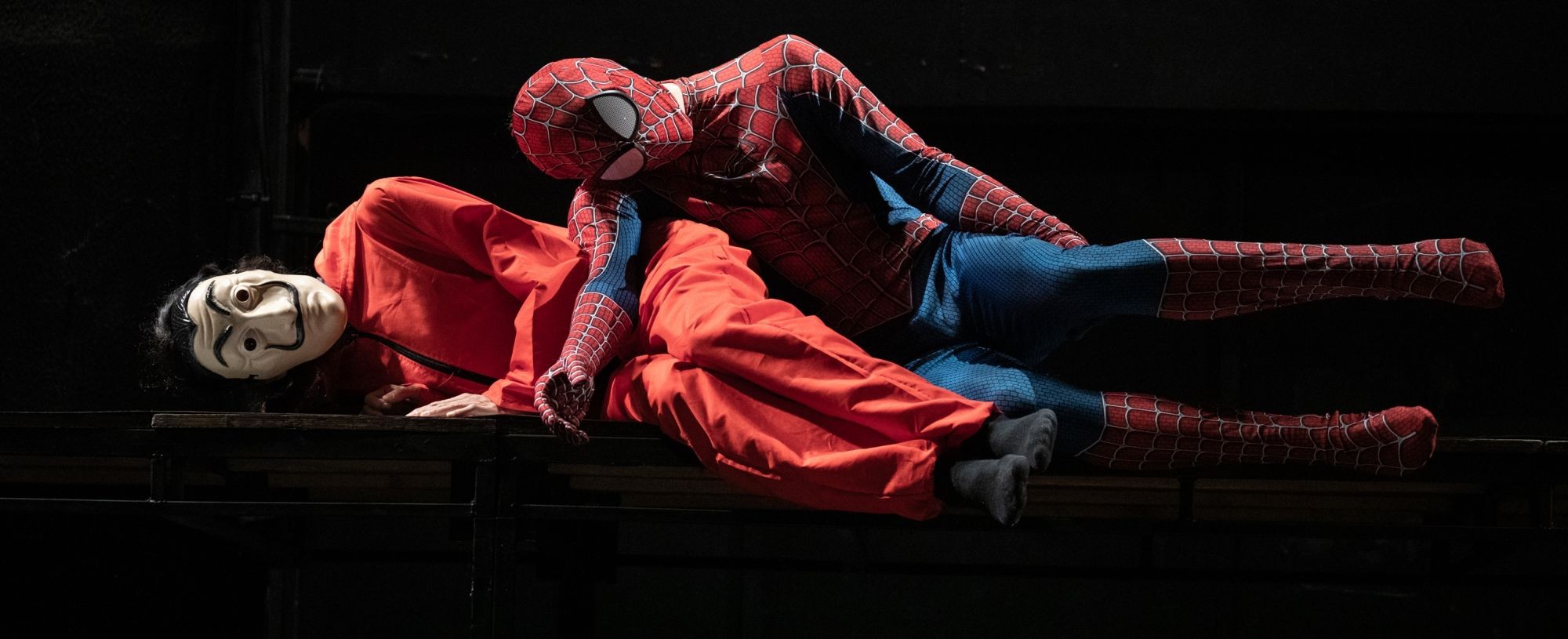
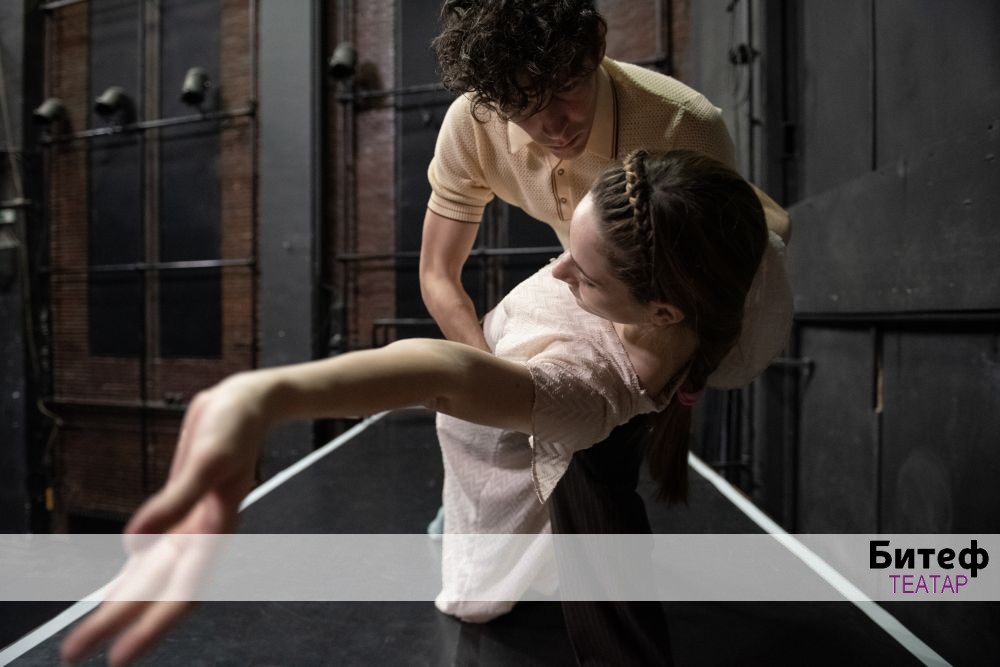
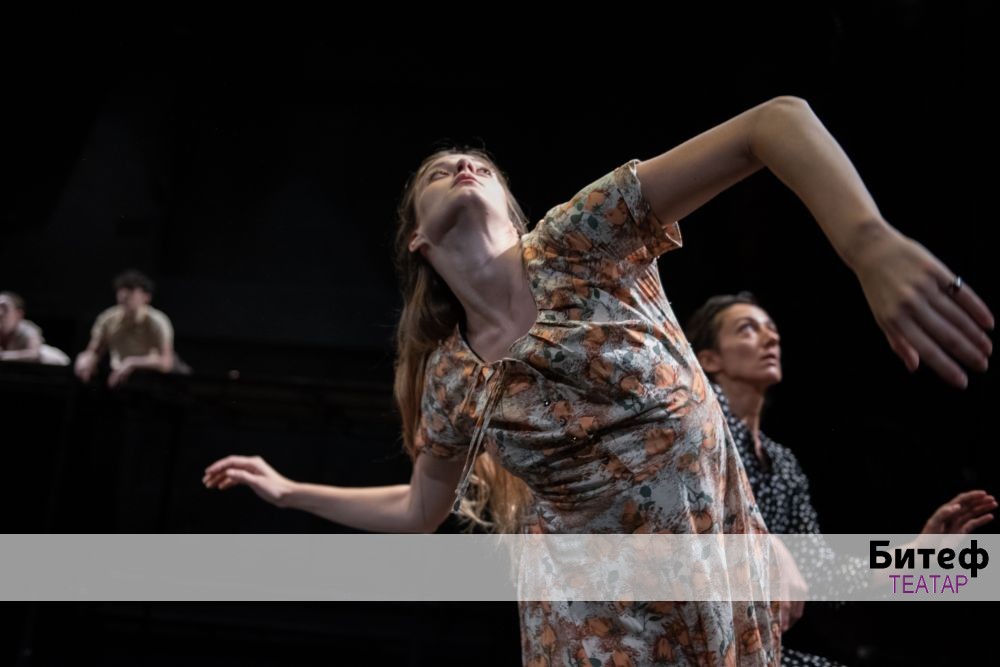
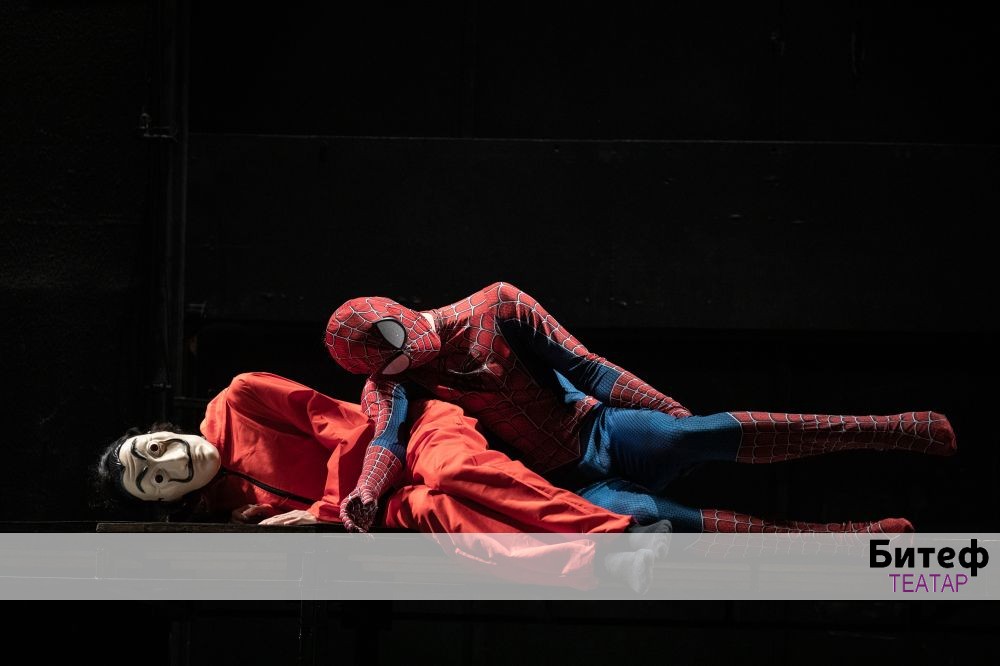
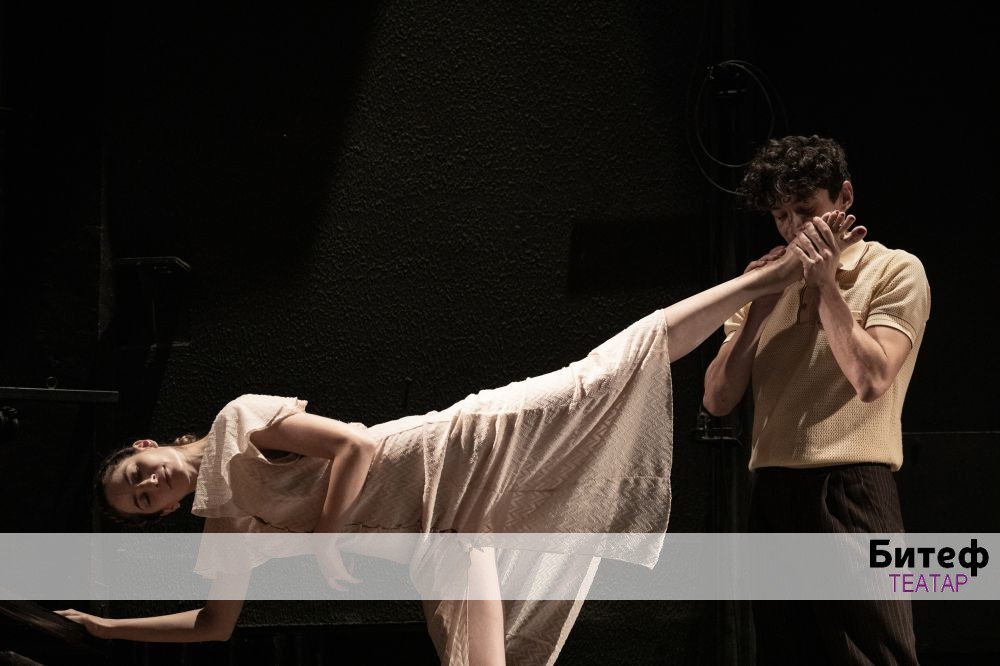
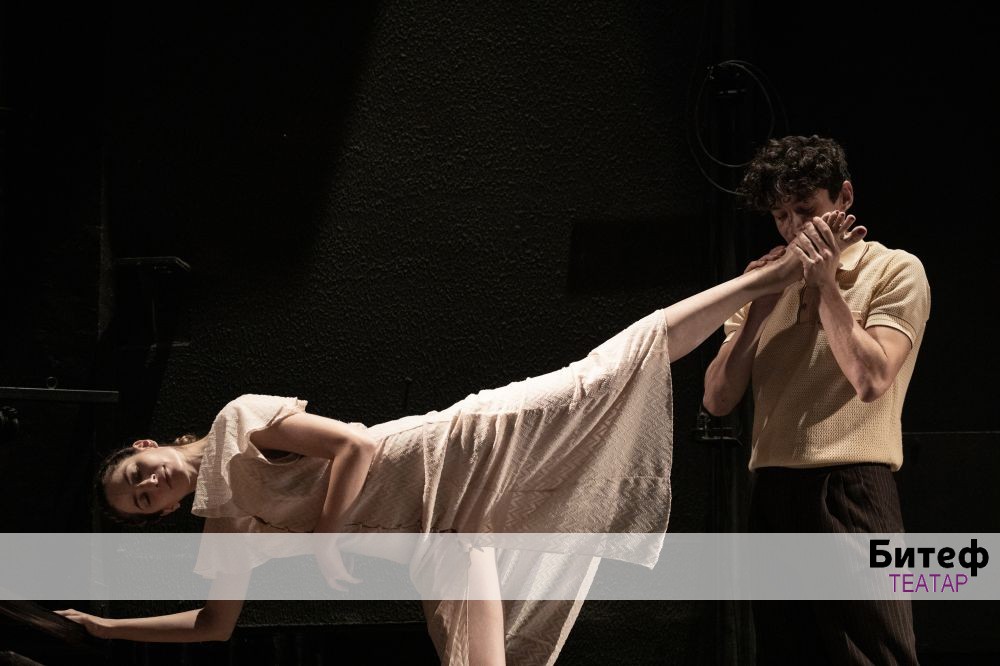
Ocenite - ukupno glasova 1